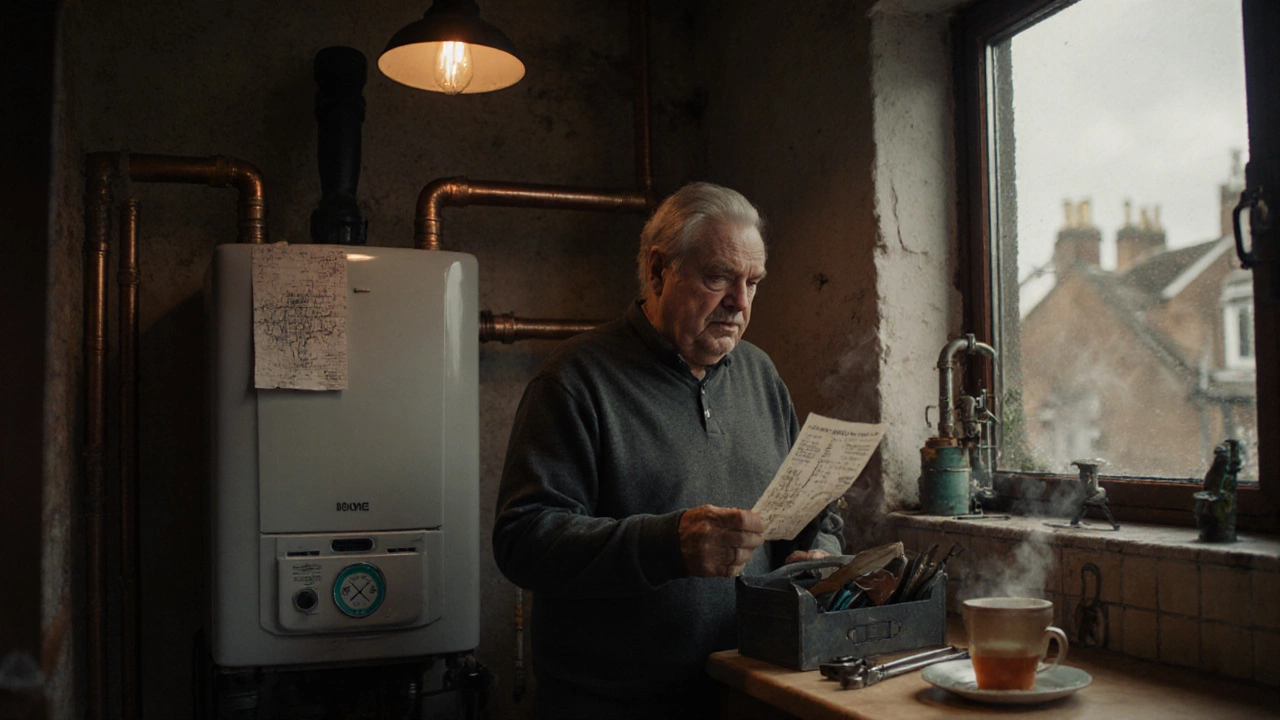Gas Safety Certificate: What It Is and How to Secure One
If you rent out a property or own a home with gas appliances, you’ll hear about a gas safety certificate. It’s a document that proves a qualified engineer has checked your boiler, cooker, fire, or any other gas‑fitted device and found it safe to use. Without it, you could face fines, insurance problems, or even danger to your family.
Who Needs a Gas Safety Certificate?
Landlords in England, Wales and Scotland must get a certificate at least once every 12 months for every property that has gas appliances. Tenants don’t need one for themselves, but if you own a house with a separate rental unit, you’re responsible. Homeowners aren’t legally required, but many insurers ask for a recent check before they renew a policy.
Booking a Gas Safety Test and What Happens
Finding a qualified engineer is easy – look for Gas Safe Register‑listed tradespeople. Give them a call, tell them how many appliances you have, and set a date that works for you. The engineer will turn off each appliance, inspect the flues, check for leaks, and test the pressure. They’ll record the results on a standard form and give you a copy of the certificate if everything passes.
If something fails, don’t panic. The engineer will explain what needs fixing, give you a timeline, and often arrange a follow‑up visit. Most minor issues are resolved in a day, but a major problem like a cracked boiler pipe may need a temporary shutdown and a replacement.
When you receive the certificate, keep a digital copy on your phone and a printed version in a safe place. Tenants should get a copy within 28 days, and you must keep the original for at least two years. This paperwork is your proof if anyone questions your compliance.
Costs vary by region and the number of appliances, but a typical single‑family home with a boiler and cooker runs between £80 and £150. Bigger properties with multiple boilers can cost more, but the price is still far less than a potential fine or an emergency repair.
One practical tip: schedule the test before the winter chill hits. A cold snap can hide minor leaks that become serious when the system heats up. Early testing also gives you time to arrange any needed repairs before tenants move in.
Remember, a gas safety certificate isn’t just a piece of paper. It’s a sign that you care about safety, that you’ve taken steps to prevent carbon monoxide poisoning, and that you’re following the law. Tenants notice these details and are more likely to stay longer in a well‑maintained property.
In short, get a qualified engineer, understand the inspection steps, act quickly on any failures, and keep the paperwork tidy. With those simple moves, you’ll have a valid gas safety certificate, peace of mind, and a safer home for everyone.

Repairing a 20‑Year‑Old Boiler: Is It Worth It?
Find out if fixing a 20‑year‑old boiler makes sense by comparing costs, safety, energy efficiency, and longevity.